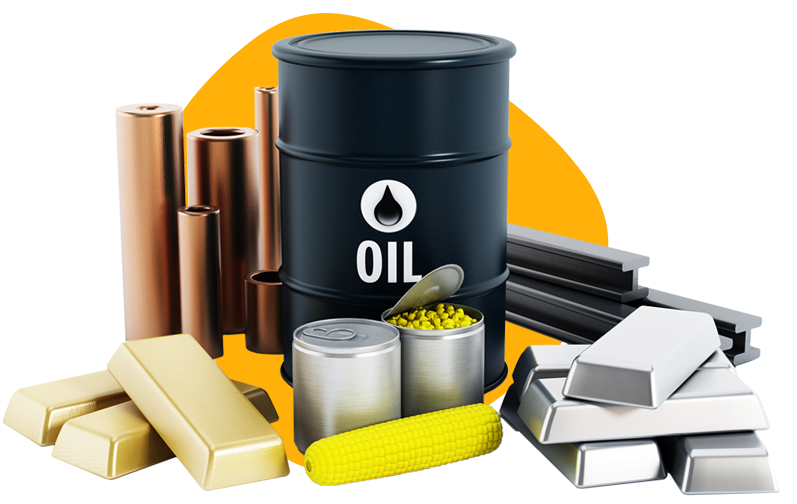Get our app!
DownloadCommodities

What are commodities? Commodities are the raw materials that are being used to create a livable world such as energy (oil), metals (gold, silver) as well as agricultural products (corn). These are the three classes of Commodities and they are the essential building blocks of the global economy. They generally meet the following criteria of having to be tradable, deliverable and be liquid.
CFDs AND COMMODITY TRADING
In order to view the list of commodities you can trade with FXORO Global, please click here.
You should be aware that CFD is a leveraged product which can result in the loss of your available funds therefore you should only speculate with money that you can afford to lose. Please ensure you fully understand the risks involved, seeking independent advice if necessary prior to entering into such transactions. Please click here to read our full Risk Disclosure.
Why FXORO Global?
Simple & Intuitive Platform
Competitive Spreads
Authorised and Regulated
Online Support
Trading is risky.
| Shares | Sell | Buy |
|---|---|---|
|
EURUSD
+0.38%
|
1.17393
|
1.17393
|
|
GOLD
+2.17%
|
4299.20
|
4299.68
|
|
OIL
-1.56%
|
57.44
|
57.48
|
|
GER40
+0.46%
|
24249.50
|
24252.50
|
| Shares | Sell | Buy |
|---|---|---|
|
EURUSD
+0.38%
|
1.17393
|
1.17393
|
|
GBPUSD
-0.11%
|
1.33664
|
1.33664
|
|
EURGBP
+0.52%
|
0.87831
|
0.87831
|
|
USDJPY
-0.08%
|
155.880
|
155.881
|
|
USDCAD
-0.19%
|
1.37662
|
1.37666
|
| Shares | Sell | Buy |
|---|---|---|
|
NAS100
-1.82%
|
25210.25
|
25211.75
|
|
GER40
+0.46%
|
24249.50
|
24252.50
|
|
US30
+1.87%
|
48476.50
|
48480.50
|
|
US500
-0.22%
|
6831.13
|
6832.63
|
| Shares | Sell | Buy |
|---|---|---|
|
GOLD
+2.17%
|
4299.20
|
4299.68
|
|
OIL
-1.56%
|
57.44
|
57.48
|
|
NGAS
-9.93%
|
4.107
|
4.125
|
|
COPP
+0.65%
|
5.2798
|
5.2843
|
|
COFF
+0.60%
|
369.33
|
369.83
|
